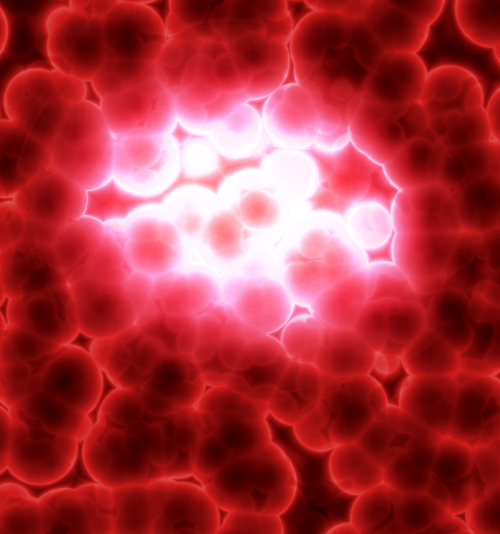Fat aids stem cell advance
 Australian scientists are developing ‘smart’ stem cells.
Australian scientists are developing ‘smart’ stem cells.
A study led by UNSW Sydney suggests a new type of stem cell - that is, a cell with regenerative abilities - can be created from fat cells.
The stem cells (called induced multipotent stem cells, or iMS) from fat can be reprogrammed to act as stem cells.
“To my knowledge, no one has made an adaptive human multipotent stem cell before. This is uncharted territory,” says UNSW haematologist Professor John Pimanda.
“The stem cells we’ve developed can adapt to their surroundings and repair a range of damaged tissues.”
The scientists created the iMS cells in a lab by exposing human fat cells to a compound mixture that caused the cells to lose their original identity. This process also erased ‘silencing marks’ - marks responsible for restricting cell identity.
The researchers injected the human iMS cells into mice where they stayed dormant - at first. But, when the mice had an injury, the stem cells adapted to their surroundings and transformed into the tissue that needed repairing, be it muscle, bone, cartilage, or blood vessels.
“The stem cells acted like chameleons,” says lead author Dr Avani Yeola.
“They followed local cues to blend into the tissue that required healing.”
There are existing technologies to transform cells into stem cells, but they have key limitations: tissue-specific stem cells are inherently limited in the range of tissues they can create, and induced pluripotent stem (iPS) cells cannot be directly injected because they carry a risk of developing tumours.
iPS cells also need extra treatment to generate specific cell types or tissues before use. More studies are needed to test how both iPS cells and tissues created by tissue-specific stem cells function in humans.
iMS cells, which are made from adult tissue, showed no sign of any unwanted tissue growth. They also adapted to a range of different tissue types in mice.
“These stem cells are unlike any others currently under evaluation in clinical trials,” says Dr Yeola.
“They are made from a patient's own cells, which reduces the risk of rejection.”
The experts say much more research needs to be done to assess whether the cells are safe and successful in humans.
If the iMS cells are shown to be safe for human use, they could one day help mend anything from traumatic injuries to heart damage.
The full study is accessible here.







 Print
Print